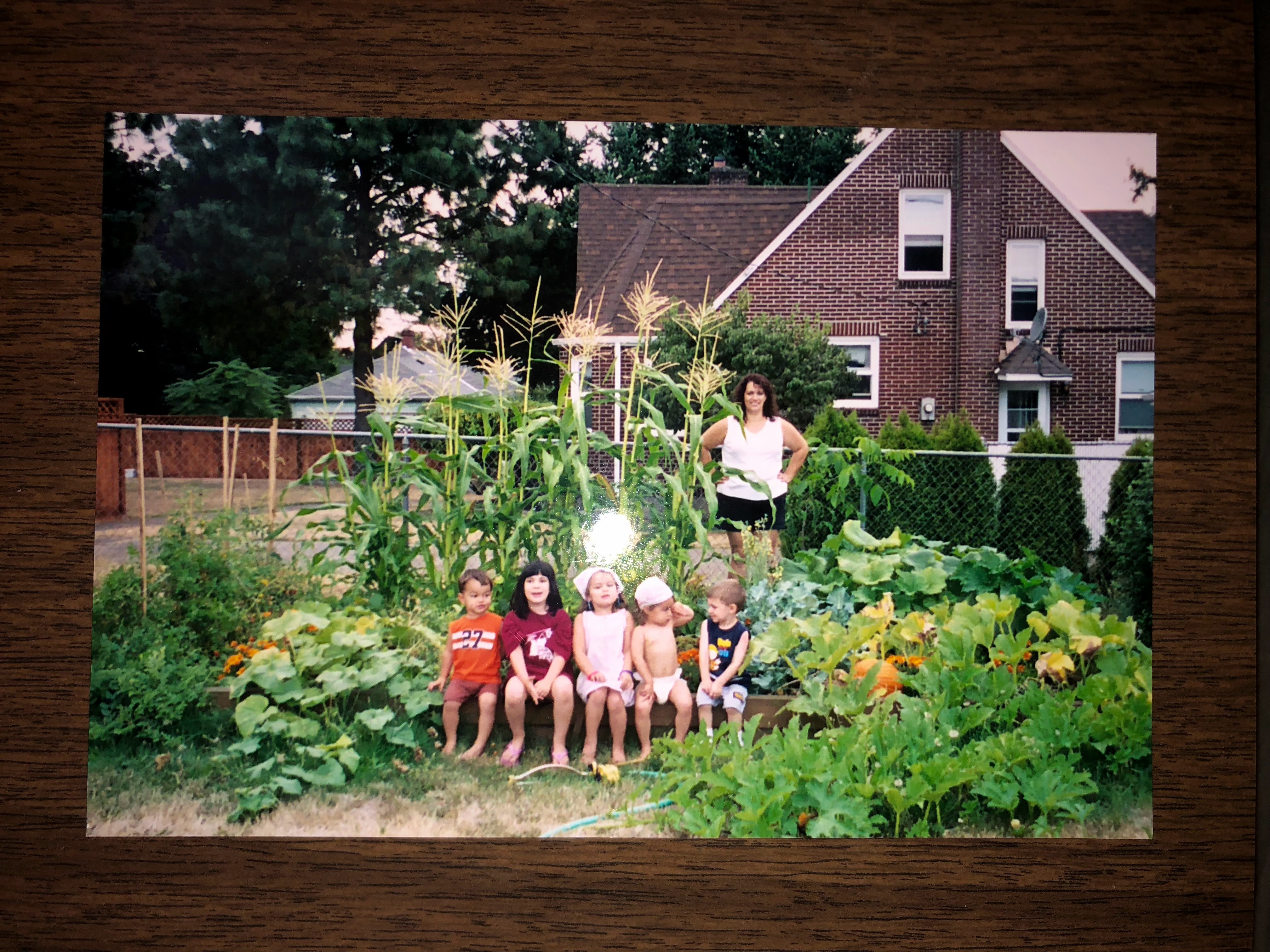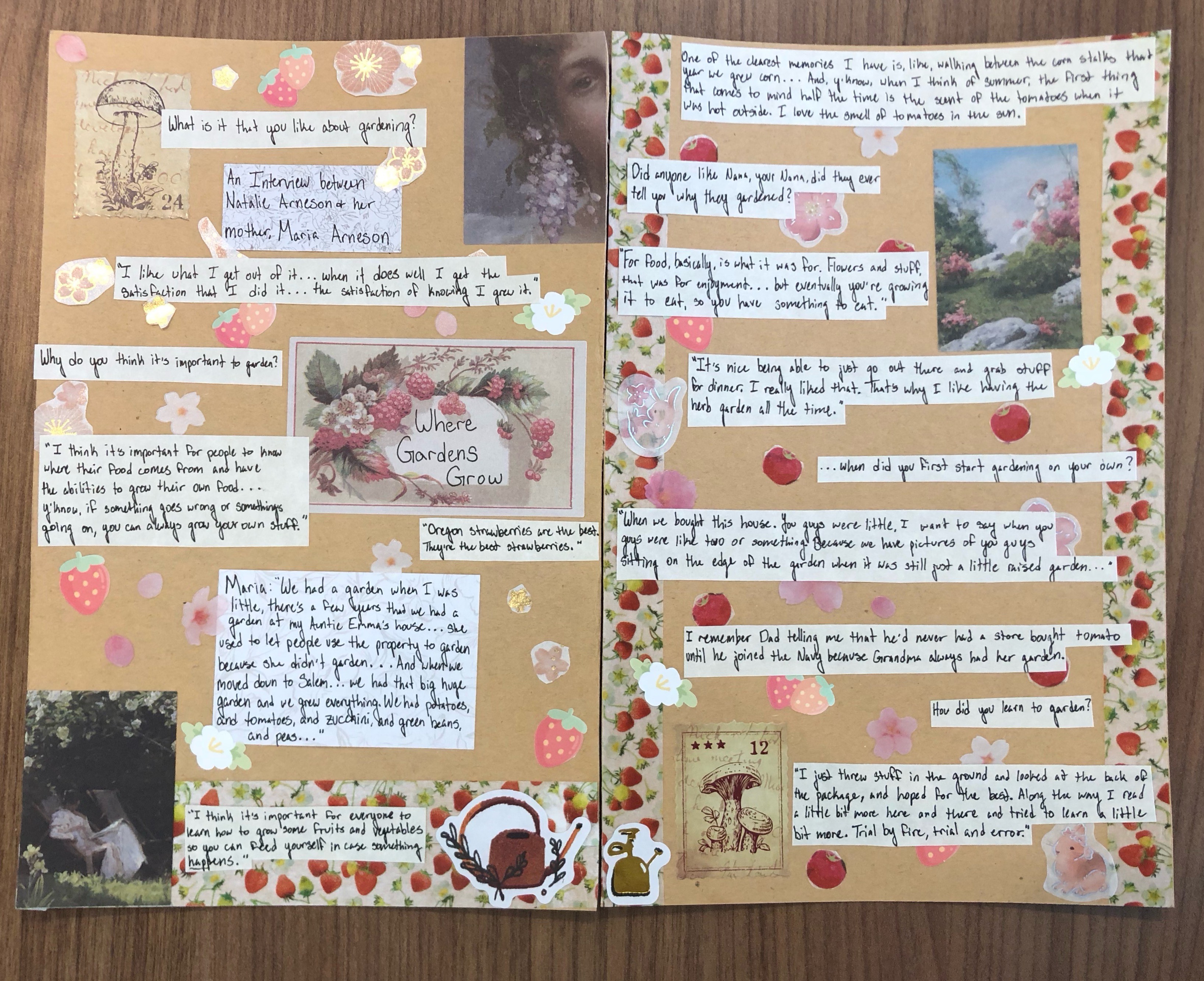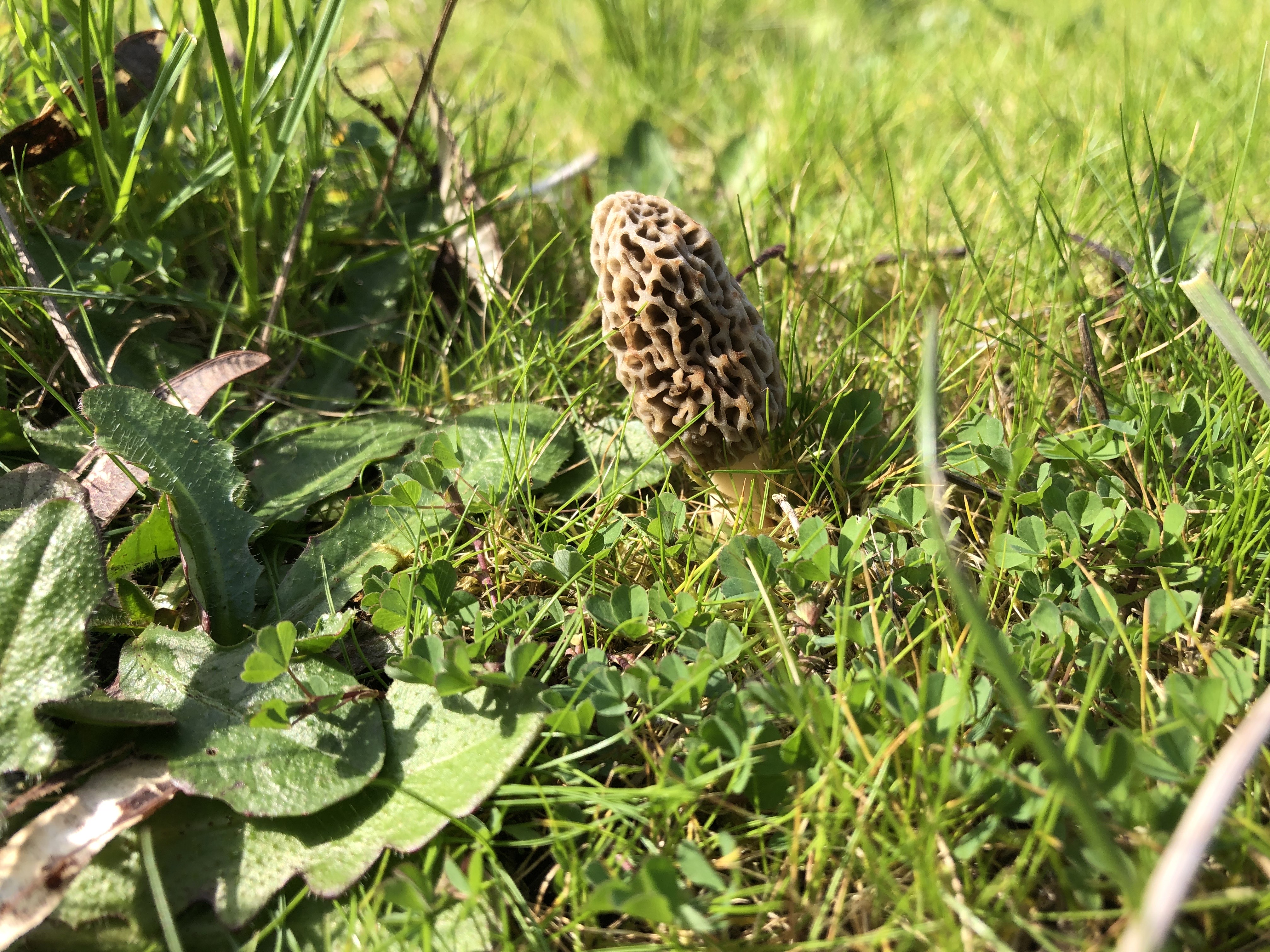This Winter Quarter, I had the wonderful opportunity to attend the Stories of Food, Food as Story workshop hosted by Olympia’s Window Seat Media. The workshop was a 4-session project based workshop revolving around exploring our histories and cultural heritages by way of food traditions. Teaching artists from our local community guided the participants through the process of identifying a food tradition through which they can learn about their history or culture, conducting an oral history interview(s) to document the tradition, and using interview transcripts and memorabilia as source material as inspiration to create a short piece of creative nonfiction and/or a visual journal.
As I approach the fourth session this Saturday, March 11th, I want to reflect on what an enriching experience this has been for me, and the memories our conversations and group work dug-up.

For my project, I decided to interview my mom, Maria, about gardening; the gardens she cultivated in our backyard and the gardens that belonged to her family members. Summertime memories have always been sun-soaked garden beds and the smell of tomatoes in the sun. Ever since moving out of my parents’ house, the memory of gardens bring forth honeyed nostalgia painted by cucumber leaves, marigolds, cherry tomato vines, and golden rays of sunlight.
“We had a garden when I was little, there’s a few years that we had a garden at my Auntie Emma’s house, when I was little, and my mom and dad were still married. So Auntie Emma had this little tiny house. It was on a big lot of land. It was totally a half-acre or so. It might have been as big as ours, but it had a smaller house. It might have been an acre, I don’t know, over by Uncle DJ’s house. But she used to let other people use the property to garden because she didn’t garden, she just couldn’t do it. When I was a little, Mom—Nana—had a garden over at Emma’s house, and we would go over there a few times a week and take care of the garden. And then there was a whole ‘nother section that somebody else had another garden. It was actually, since I went to Catholic school, I think it was one of the nuns, her brother had part of the garden, or somebody, because it was like a fenced off section. So yeah, we used to go over there and we grew, I remember, peas and tomatoes and zucchini and that kind of stuff.”
Maria Arneson, February 20, 2023

Turning my mom’s interview into zine pages was a joyful experience. There was something about penning my mom’s words to paper that felt satisfying, as though I was taking the first steps as an archivist; like a script was being flipped now that I was coming into adulthood and had the language to ask questions of my mother. To borrow Michelle Zauner’s words; “How cyclical and bittersweet for a child to retrace the image of their mother. For a subject to turn back to document their archivist” (Zauner 223). This project made me hyper-aware of the fact that as someone’s child I am at once the archive and the archivist, that my mother is much the same.
Our interview took us through the gardens of my mom’s youth–recounting afternoons among the dirt, bugs, and plants–and the gardens of her adulthood. I heard stories of my Nana, Old Nana, and other family members. I could see them as she talked, youthful like the old photographs I used to spend hours staring at in the back room at Nana and Grandpa’s house. Some people had never seen before, so I let my mind conjure up half-images of what those distant and dead relatives must have looked like. A picture of 1970s Portland floated alongside them.

“I’d like to have more from the fruit trees, hopefully our blueberry bushes grow more, and I’d like to just go out there and pick stuff. Having it here. And those things don’t cost that much to grow because you don’t have to do a whole lot of extra watering with them like you do like a regular garden, there’s so much watering that has to happen it just gets so expensive. So we’re gonna try and stick to it, this year we’ll probably have some stuff but it probably won’t be as much. But definitely for some tomatoes, tomatoes and zucchini and hopefully cucumbers. I like fresh cucumbers.”
Maria Arneson, February 20, 2023
This workshop encouraged me to push boundaries of how food and memory hold each other and work in tandem to preserve history and culture. The wonderful people who taught and participated in the workshop encouraged me to ask the questions I had been too hesitant to ask–to finally take the steps of discovering parts of my parents’ lives that were unknown. Through this workshop, and this interview, I feel that I’ve come to know my mother a little bit better, and by extension, to know myself a little better, too.

Be First to Comment